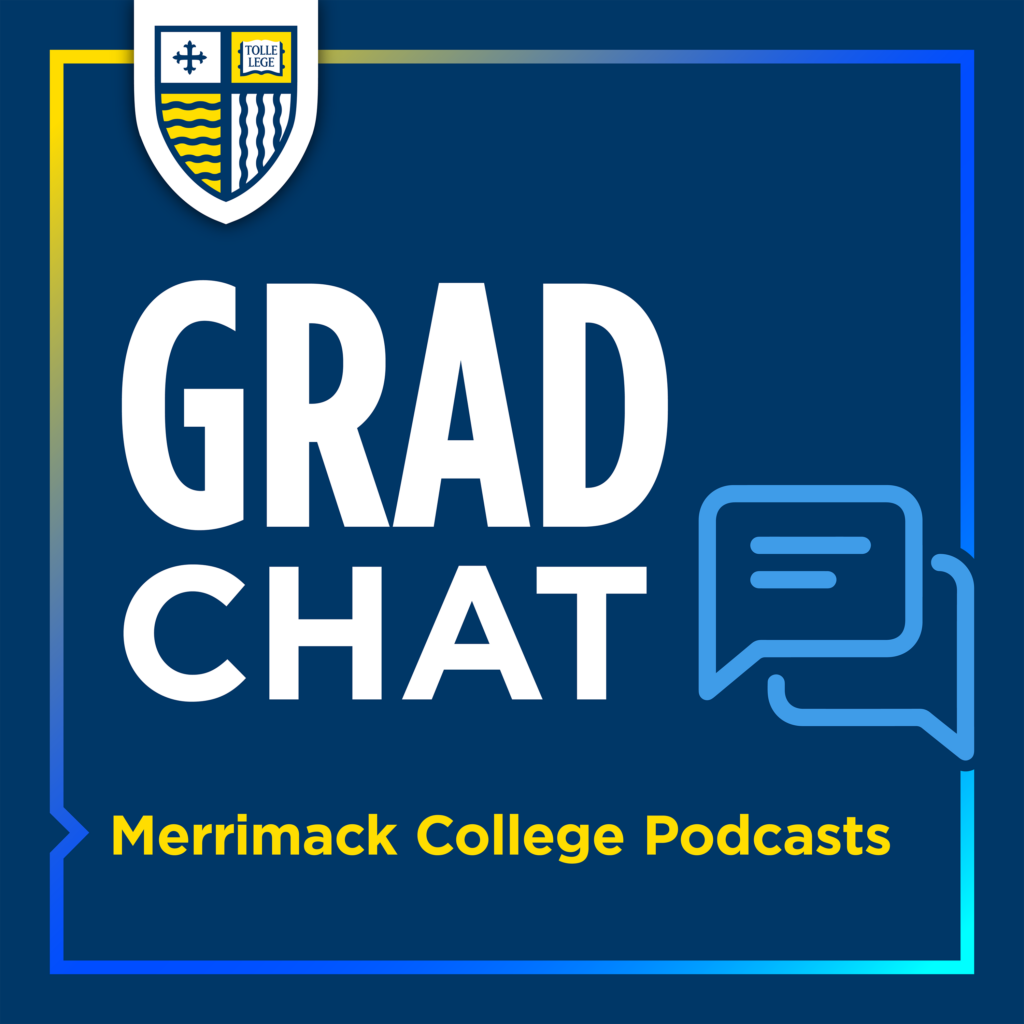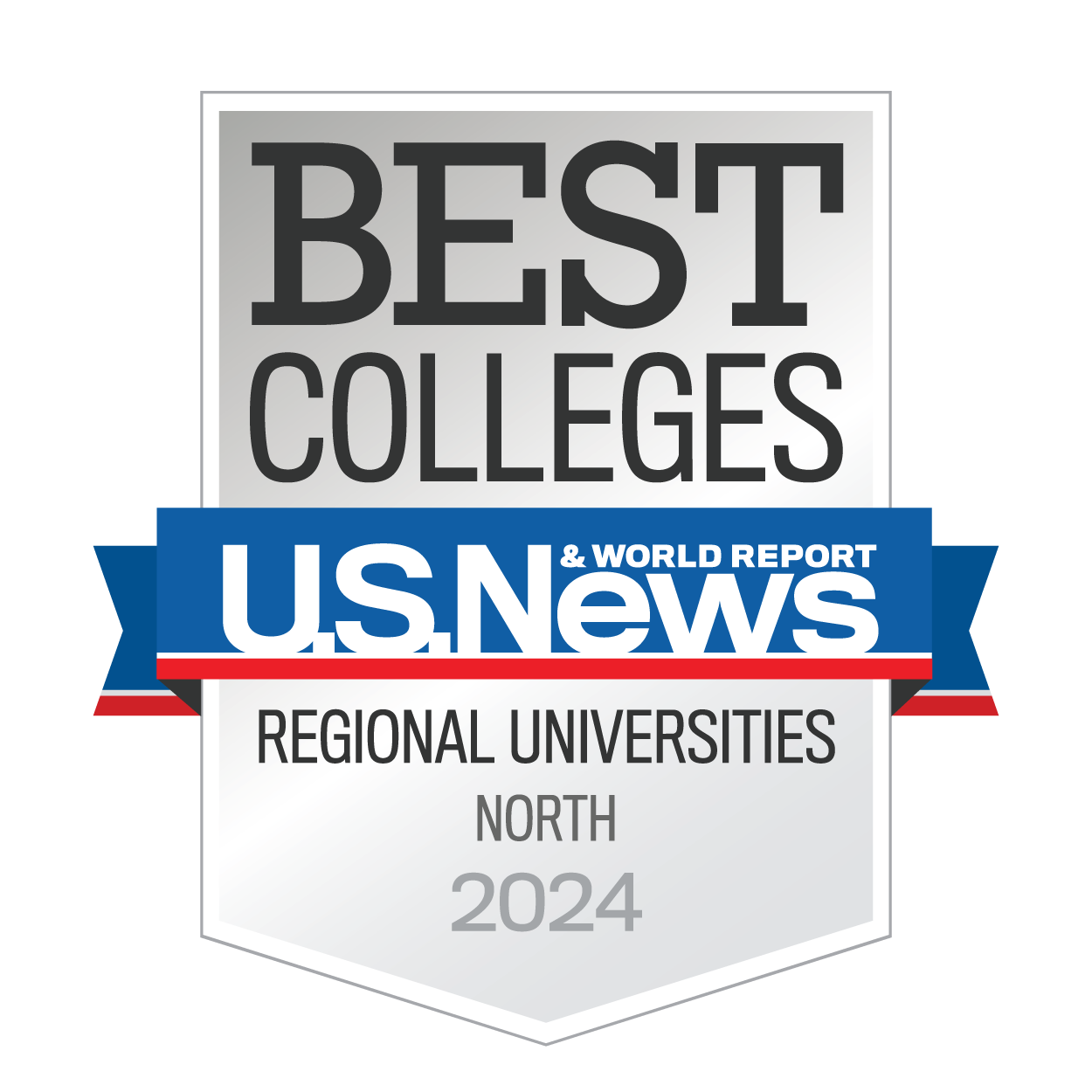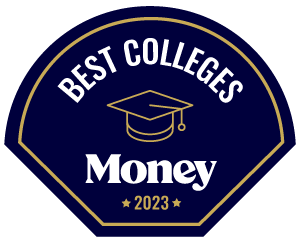School Social Work/Adjustment Counseling (Post-Master’s License)
DESE-Approved | Part Time or Full Time | No GRE or GMAT Required
Expand Your Resume and Your Skillset as a School Social Worker
A school social worker, also known as a school adjustment counselor, is committed to meeting the mental health needs of students within a school setting. They provide one-on-one support to at-risk students and also work with groups of students when necessary.
If you’re already a licensed school counselor, licensed clinical social worker, or hold a master’s in school counseling, social work, or clinical mental health counseling, you may be eligible to earn a 20-credit post-master’s license in School Social Work/Adjustment Counseling.
Quick facts:
- Online coursework.
- Meets DESE licensure requirements.
- Aligned with the American School Counselors Association (ASCA) standards.
- Complete in as little as 6 months.
- Three starts per year.
- No GRE or GMAT required.
Learn more about Merrimack’s Post-Master’s License in School Social Work/Adjustment Counseling.
Massachusetts is the No. 3 highest-paying state for school counselors in the U.S.
According to the U.S. Bureau of Labor Statistics (BLS), Massachusetts ranks third highest in median annual salary for educational, guidance and career counselors and advisors ($79,670) with nearly 10,000 employed in this occupation throughout the state.
School Social Work/Adjustment Counseling (Post-Master’s License) Coursework
This 20-credit license-only program can be completed in six months full time or one year part time and meets DESE licensure requirements. The program includes online coursework and on-site field-based training in a setting that works best for you. The coursework can be customized based on your prior experience and master’s degree transcript review.
Field-Based Training
Students seeking licensure to advance their career as a school social worker/adjustment counselor must complete 900 hours of field-based training typically over the course of one semester (16 weeks). Merrimack has an exceptionally diverse network of partner schools and community organizations, so we can locate a practicum assignment that closely fits your career interests and strengths within a commutable distance from your home.
Program Requirements
Students must be licensed school counselors or licensed clinical social workers with a master’s degree in school counseling, social work, or clinical mental health counseling.
Sample Coursework
The course explores the study of the nature, problems, and process of learning, cognition, and motivation as related to the educative process, and the psychology of childhood through adolescence as it relates to learning. In addition, students will explore assessment practices and purpose in education and mental health with a focus on interpretation and application. Credits: 4
This advanced course explores and applies theories of human development related to the mental health wellness and social/emotional growth of youth. The key emphasis of this course is on the school counselors’ role in assessment, identification, and interventions related to mental health issues and substance use concerns. Students will examine current research and best practices in the field and create individual and group interventions tailored to school settings. In addition, participants will learn about the prevention of abusive and violent behaviors in preK–12 students and promote intellectual, social, and emotional well-being. Credits: 4 Prerequisite(s): SCC 5010 and CMH 5000 or permission of the program director
This course is concurrent with the Practicum I for school social work/adjustment counseling (SAC). Students examine their practice as school-based workers, expand on their understanding of youth and family counseling and services, and deepen their knowledge of prevention, communication and treatment. Course content will include psychopharmacology and medical considerations in treatment of conditions and illnesses affecting youth. Corequisite(s): SCC 6560
This course provides training and application of critical techniques of counseling (Cognitive Behavioral Therapy, Dialectical Behavioral Therapy, Interpersonal Therapy, etc.) for assisting youth and young adults using a systems approach. Special attention will be dedicated to treating issues associated with trauma, anxiety, depression, and behavioral challenges. Students will gain skills associated with case management, treatment planning, goal setting, and closure strategies, with a focus on developing resilience and self-care. Credits: 4 Prerequisite(s): SCC 5100
In this course students study current policies and services relevant to practice with children, adolescents, and families who are court involved. Review of critical laws and the juvenile justice system and procedures will be covered. Students will apply a social justice framework to understanding policy context and organization of services responses to child and family inequalities, especially for historically oppressed and marginalized populations. Emphasis on securing services and resources for families in Massachusetts. Credits: 4
Fall practicum (minimum 450 hours) provides students with an opportunity to observe, engage, and apply skills and knowledge competencies in therapeutic counseling, social work services, and advocacy. Course is linked to the capstone seminar where students will complete applied assignments (see SC6055G) in school adjustment counseling. Students will complete part I of the SAC-CAP (school adjustment counselor candidate assessment of performance). Credits: 2
Corequisite(s): SCC 6055
What Our Students Say

Tune Into the Grad Chat Podcast
Throughout this episode, distinguished alumna Jessica Lawrence dives into the significance of her internship experience during her program, shares insights into her daily life as a school counselor, underscores the challenges and profound rewards inherent in the role and reveals her favorite aspect of her profession.
Tune Into PodcastTuition and Financial Aid
School Social Work/Adjustment Counseling (Post-Master’s License)
$676
per credit*
20
credits
$13,520
tuition
*Tuition based on 2023-2024 academic year.
Tuition and fees are subject to change annually.
Additional program fees may apply.
Financial Aid
As a graduate student, you may qualify for federal support in the form of loans. We strongly encourage all eligible graduate students to apply for federal financial aid, even if they don’t demonstrate an exceptional financial need.
Complete the Free Application for Federal Student Aid (FAFSA).
Merrimack College’s FAFSA school code is 002120.
Employer Tuition Assistance
Merrimack accepts employer financial/tuition assistance. We also offer partnership discounts. Contact us or ask your employer whether your organization is an official partner with Merrimack’s online programs.
It’s Easy to Apply Online
A complete application includes:
- Online application (no fee).
- Official college transcripts from all institutions attended.
- Resume.
- Personal statement.
- Contact information for one reference or two letters of recommendation.
GRE and GMAT scores are not required. Work experience recommended (internships qualify).
Key Dates and Deadlines
This program enrolls three times a year.
Merrimack College
Accolades and Accreditation
At Merrimack College, we’re proud of our long history of providing quality degrees to students entering the job market. Our faculty are more than just teachers. We are committed to helping you grow — academically, personally and spiritually — so that you may graduate as a confident, well-prepared citizen of the world.
U.S. News & World Report | Best Regional Universities North (2024)
- Most Innovative Schools (No. 14)
- Regional Universities North (No. 33)
- Best Undergraduate Teaching (No. 31)
- Best Undergraduate Engineering Programs (No. 86)
(at schools where doctorate not offered) - Best Colleges for Veterans (No. 14)
- Best Value Schools (No. 47)
NECHE-Accredited
- Merrimack College is accredited by the New England Commission of Higher Education (NECHE).



Tell me more about Merrimack’s online programs.